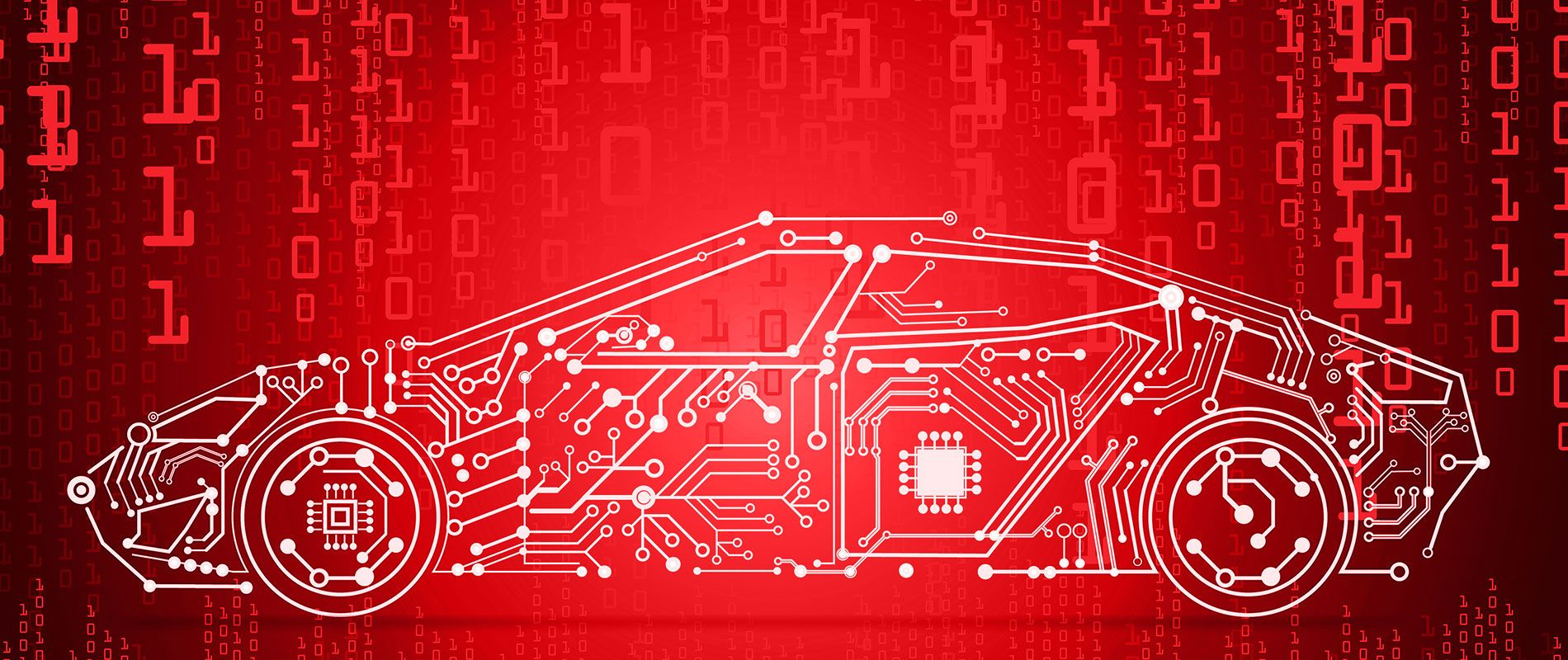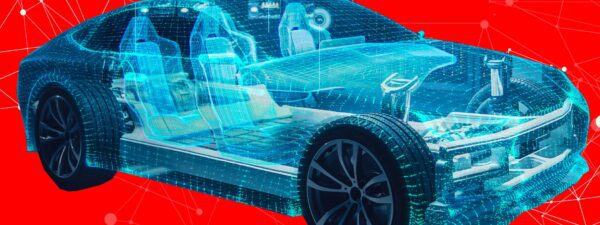The connected world in which we live today is shaping the future of everything from businesses to social interactions. The automotive sector has been slower than other industries to adopt this Internet of Things (IoT) revolution, but it’s building speed.
Essentially, connected cars get their connectivity and communications capabilities via multiple electronic devices, such as telematics, satellite communications, cellular systems, and digital radio networks. Read on to learn how connected cars will redefine the automotive industry.
Braking news: The connected car is already a reality
Of course, connected cars – that is, vehicles that have internet access and can share information with other cars, people, and even the city around them – already exist. While auto makers are still working on making the connected car a truly mainstream reality, the technology has already taken hold. Indeed, the connected car will revolutionize everything from how we drive to how we pay for parking as well as give us more data than ever before about our driving habits.
The connected car has become a reality thanks to a convergence of technologies, including 4G telecommunications for data transmission, and Wi-Fi for data transmission systems – such as smartphones and infotainment – within vehicles.
Another technological development that is essential to the connected car is high-definition maps. These not only allow cars to determine their exact position on roads with startling accuracy but also provide information on traffic patterns, road conditions, and potential hazards that would otherwise be unavailable or impossible for a driver, or even a traditional satellite navigation system, to predict.
Full Speed Ahead
Connected cars have several advantages, the first and most important one being that they make driving safer. For example, technologies such as collision warning, lane departure warning, and adaptive cruise control help prevent accidents. Connected cars also make it easier for drivers to access roadside assistance or emergency services in the event of a crash.
Another advantage of connected cars is their ability to help drivers save money on fuel, maintenance, and insurance. For example, connected vehicles can alert a driver which nearby gas stations have the cheapest fuel. Similarly, connected cars can monitor tire pressure and notify drivers when it’s time for an oil change, which can help them avoid expensive repairs down the road (pun intended).
Connected vehicles also offer enhanced safety features that can be used in an emergency. For example, if a driver gets into an accident, then a connected vehicle can automatically send a message to emergency services with details of the incident. This enables faster response times and better outcomes for drivers who need help or may be injured.
Finally, connected cars help drivers stay productive by allowing them to access email and other communication tools without having to take their hands off the wheel or eyes off the road. This makes it easier for commuters to stay on top of work tasks while driving to and from meetings or the office each day.
Will self-driving cars replace human drivers?
Many experts think that autonomous cars will completely replace human-driven vehicles in the future. But that’s not likely to happen for a long time. For one thing, it’s prohibitively expensive to build and run an autonomous car; in fact, it’s estimated that self-driving cars cost nearly $200,000 more than conventional ones. That’s because self-driving cars require more powerful computers, with sensors and software pieces costing $20,000 to $30,000 each.
Perhaps the biggest problem with self-driving cars is consumers’ lack of trust in them. Even though autonomous vehicles have been tested on public roads around the world, most people still don’t think they would feel safe in them. Many are worried that they won’t be able to reach their destination safely.
The future of connected cars looks bright
Clearly, the world of connected cars is still in its infancy, with only a small percentage of drivers currently enjoying the benefits of in-car internet access. However, the potential for this sector is huge, and early adopters have already shown how valuable connectivity can be.
The car of the future is connected, personalized, and fully integrated with a user’s mobile device. Too, the next generation of car technology promises to reduce congestion and pollution, save lives, and make driving safer, more enjoyable and more efficient. Specifically, connected cars will be able to communicate with other vehicles and the traffic infrastructure to optimize routing, avoid accidents and even take over driving in monotonous or stressful situations on the road.
The wheel deal
Many experts believe that the future of connected cars and the automotive industry is bright, especially as everything from navigation systems to communications are being upgraded to increase safety, efficiency, and convenience. There are still kinks to work out, of course, before we can all make use of connected cars, but once these issues have been resolved, connected cars will likely witness massive breakthroughs.
References
https://www.zdnet.com/article/the-car-of-the-future-is-connected-autonomous-shared-and-electric/
https://otonomo.io/blog/automotive-connectivity-future-mobility/
https://www.intelligenttransport.com/transport-articles/130392/connected-cars-race-car-future/



